What Is the Difference Between Self-Esteem and Self-Worth?
Shame, Compassion and the Roots of Self-Worth
So much of our inner life is shaped by how we see ourselves - our sense of worth, our ability to trust in who we are, and the way we meet the world. In a recent conversation with Laila-Elizabeth Risdon, the founder of Indigo Brave, we explored some of the deeper layers of self-worth and self-esteem, as well as the links with confidence, shame, and compassion.
What unfolded was a gentle but powerful conversation about how these qualities weave together, and how we can begin to soften the patterns that hold us back.
Self-worth vs. self-esteem
One of the first things that came through was the often-confused difference between self-worth and self-esteem.
Self-esteem tends to rise and fall depending on what’s happening around us, our achievements, circumstances, or even our mood. Self-worth, on the other hand, runs deeper. It’s meant to be unshakable. As Laila put it, “self-worth is who you are. It should be unassailable.”
The problem is that many of us lean too heavily on self-esteem, tying our value to what we do or how others see us. When things go well, a project succeeds, someone praises us, we feel good. But the moment something falters, so does our sense of worth.
But self-worth isn’t supposed to move with the tides of external approval. It’s the steady ground underneath.
Here’s a diagram that shows the difference between them:
The fragility of our confidence
Confidence often gets tangled in this confusion. It’s easy to think of confidence as something you either have or don’t, but in truth, it depends entirely on what it’s built on. When there are cracks in our foundation of worth, confidence becomes fragile, more like performance than truth.
That’s when we find ourselves leaning into overdoing, proving, or pushing harder just to feel “enough.” It’s one of the reasons so many people experience imposter feelings and burnout. True confidence isn’t bravado; it’s the quiet steadiness that naturally flows from self-worth.
We also found ourselves moving into one of the heaviest but most vital threads of the conversation: shame. On David Hawkins’ scale of consciousness, shame sits at the very bottom. It’s a deeply contracting energy that whispers not just “I did something bad,” but “I am bad.”
Shame often forms in early life, when we internalise the messages we receive from caregivers, teachers, or society.
If our needs weren’t met with understanding - if we were told we were too sensitive, too loud, too much -- we learned to carry that judgment inside. As Laila reflected, “particularly if our caregivers were emotionally quite young, or they didn’t have access to awareness, they couldn’t model compassion. That wiring sits in us. It becomes the filter we live through.”
The origins of the “worth hole”
Neuroscience now shows us how deeply early experiences shape the nervous system. When love or acceptance felt conditional, the brain wires itself around survival strategies, such as pleasing, overachieving, staying small, rather than a grounded sense of worth.
Laila described it simply: “it’s like a hole in your self-worth. And when that’s there, the psyche will try to fill it with doing, striving, achieving, proving. But it never holds, like pouring water into sand.”
So many of us recognise this pattern. No matter how much we accomplish, it doesn’t feel enough. The underlying hole remains until we turn toward it with compassion. If shame contracts, then compassion expands. It’s the force that begins to dissolve shame’s grip and restore a steadier sense of worth.
“Self-compassion is the place where healing begins,” Laila said at one point. “It doesn’t come from fixing or striving, but from allowing ourselves to be human, messy, imperfect, worthy anyway.”
Compassion doesn’t mean avoiding responsibility or excusing our actions. It means meeting our shame and wounds with tenderness rather than judgment. Each act of compassion loosens shame’s hold, making space for self-worth to root itself more deeply.
Moving beyond burnout
Themes of burnout and boundaries wove naturally into this conversation. Burnout isn’t just about being overloaded with work; often it’s about the inner drive to prove ourselves worthy.
For people who feel they have to constantly give, constantly do, constantly prove, it isn’t simply exhaustion. It’s about those cracks in self-worth that drive us to overextend. Burnout becomes a signal, not just to rest, but to look deeper: Where am I trying to earn love or belonging? Where am I pushing from shame, rather than acting from worth?
Compassion helps us pause. Boundaries then become not walls of defence, but expressions of respect for our own energy.
Another thread that kept surfacing was trust. Trust in ourselves, in Source, in the bigger intelligence of life. As Laila reminded us, “there’s trust in self, but also trust in Source, trust in God, trust in the universe. They can’t work without each other. When we know our worth, trust flows more easily.”
This trust helps us step out of the endless striving to fill the worth-hole. Instead of proving ourselves again and again, we can rest back into the knowing that we are already held by something larger.
You are worthy because you are here
At its heart, the conversation circled back to one truth: self-worth is not earned. It isn’t something to chase or build through endless doing. It’s already here, woven into the very fact of our existence.
What gets in the way are the layers of shame, shaky self-esteem, and the need to perform confidence. Compassion is what helps us peel back those layers and remember.
Talking about shame isn’t easy. Neither is unpacking the tender layers of self-worth and self-esteem. But it’s here, in the honesty of these conversations, that real healing begins.
If you recognise yourself in this, the striving, the self-criticism, the weight of shame, let this be a reminder: you are not broken. Your worth is already here and turning up your self-compassion, and remembering that you’re only human, can be a starting point to help you remember it.
Further Support & Resources
If you’re navigating emotional challenges or feeling weighed down by old patterns, here are a few gentle ways to support yourself:
Discover your Soul Contract
Gain insight into the hidden patterns shaping your reality, and understand why certain emotional themes keep repeating in your life.Join a Group Healing session
Experience a shared, guided space for emotional release and support, and connect with others on a similar path.Explore Divine Healing
Work one-to-one to release emotional patterns, trauma, and limiting beliefs, so you can feel more at home in who you are.Stay connected
Join my newsletter for monthly updates alongside the latest insights from the blog.


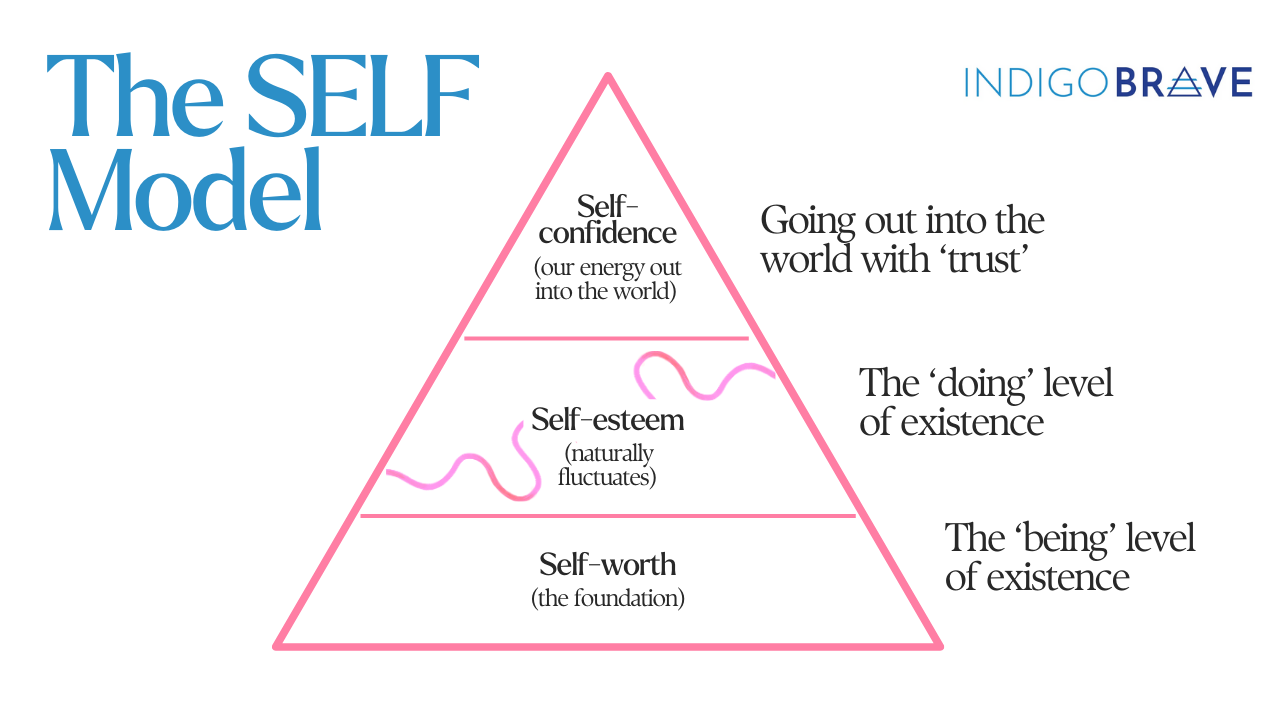
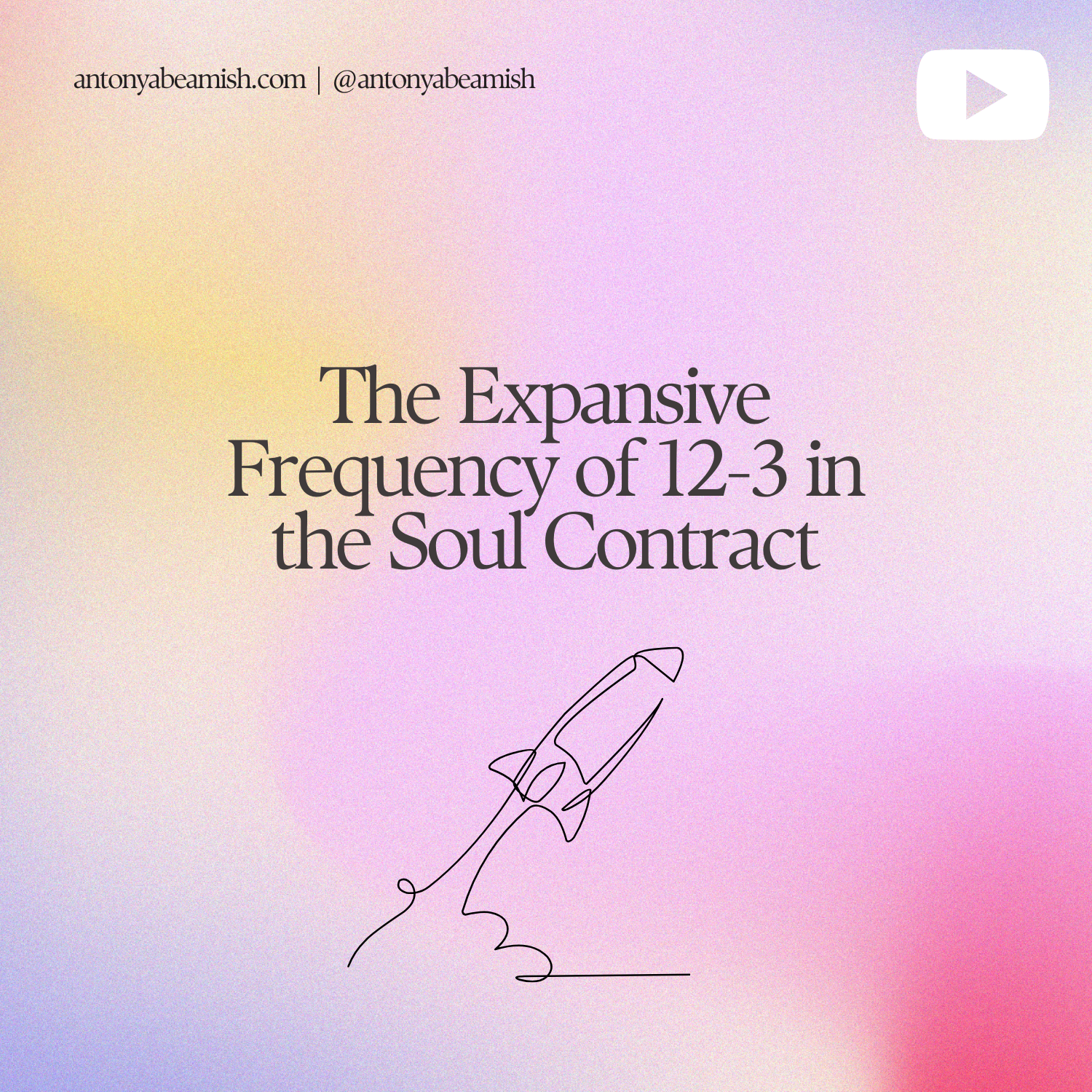
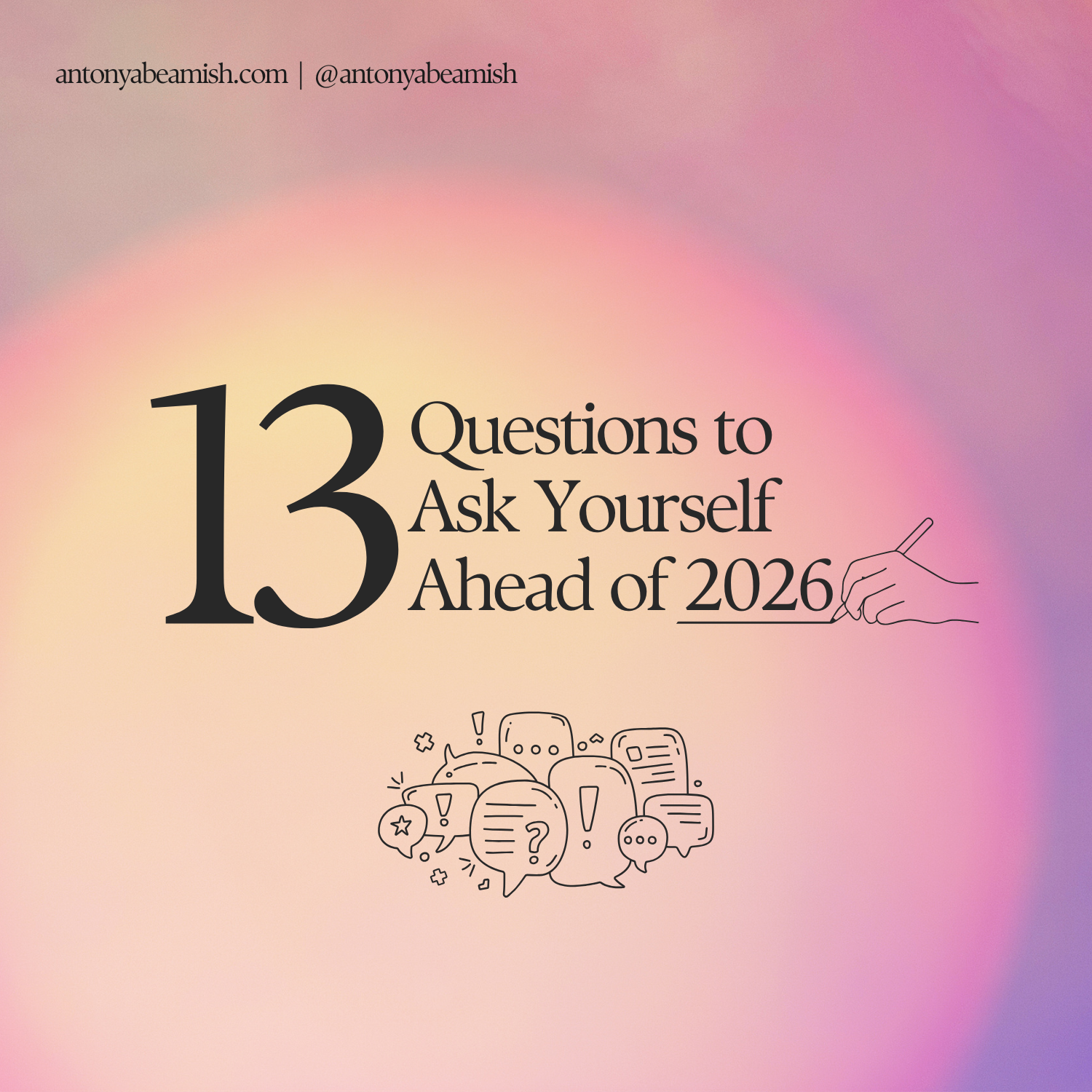








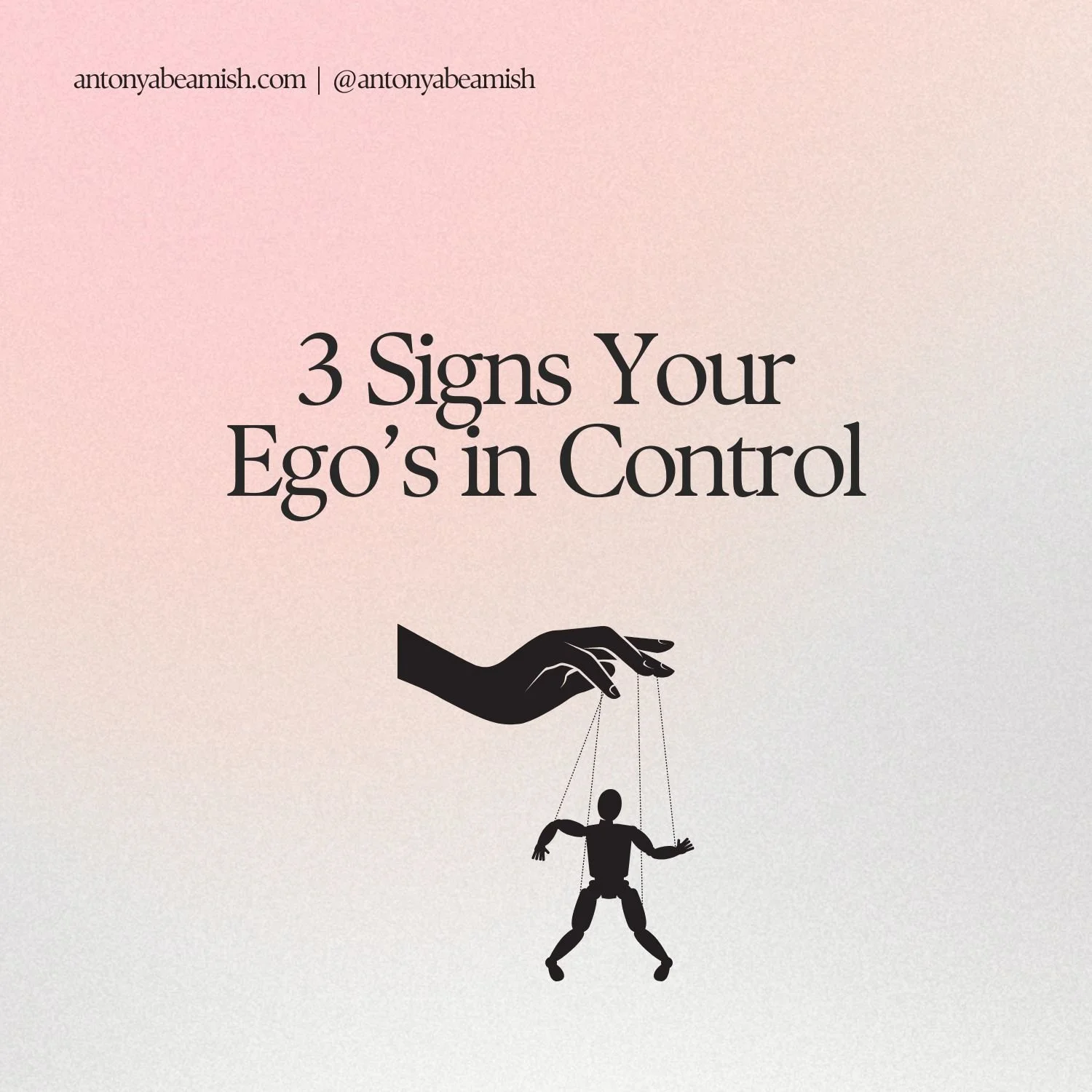


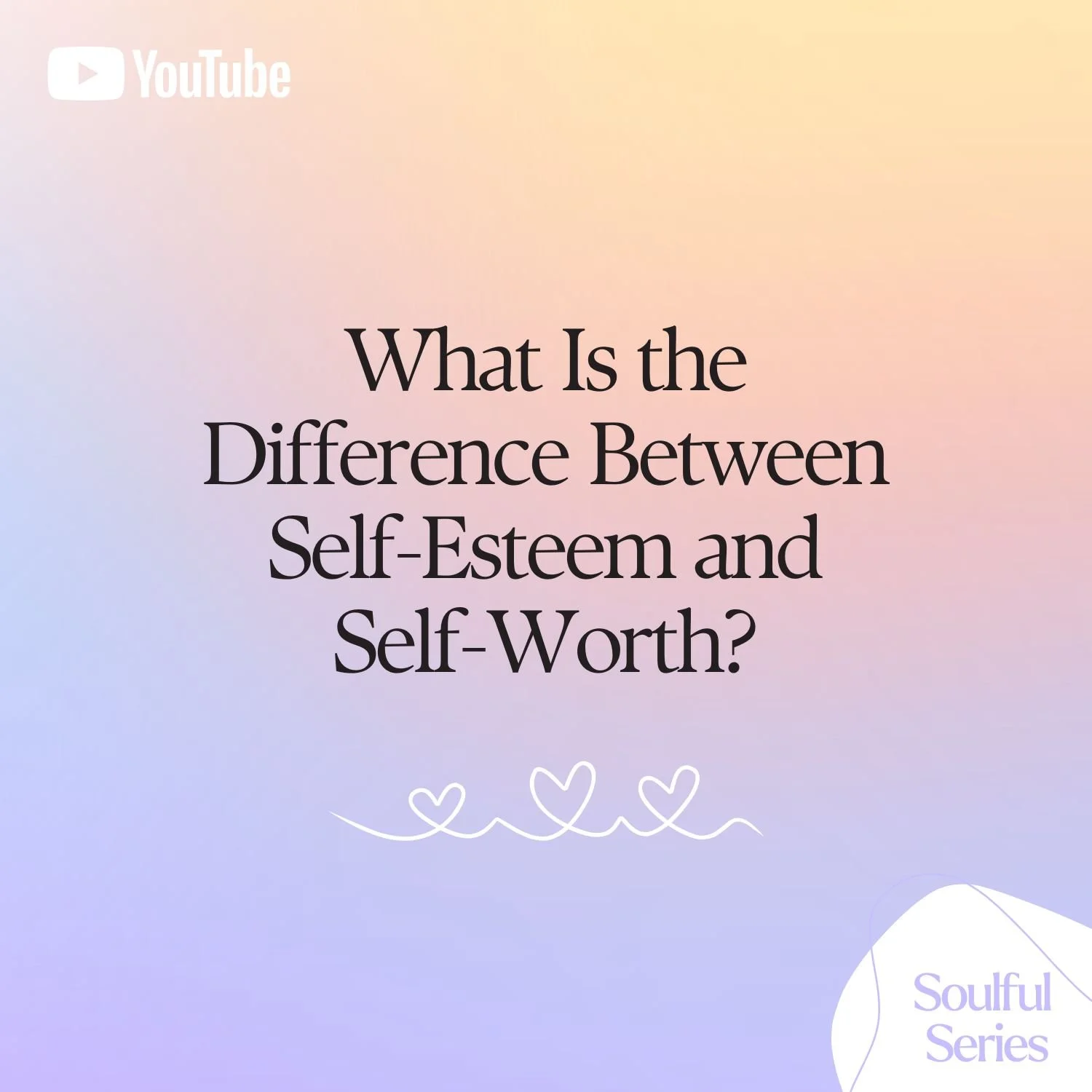

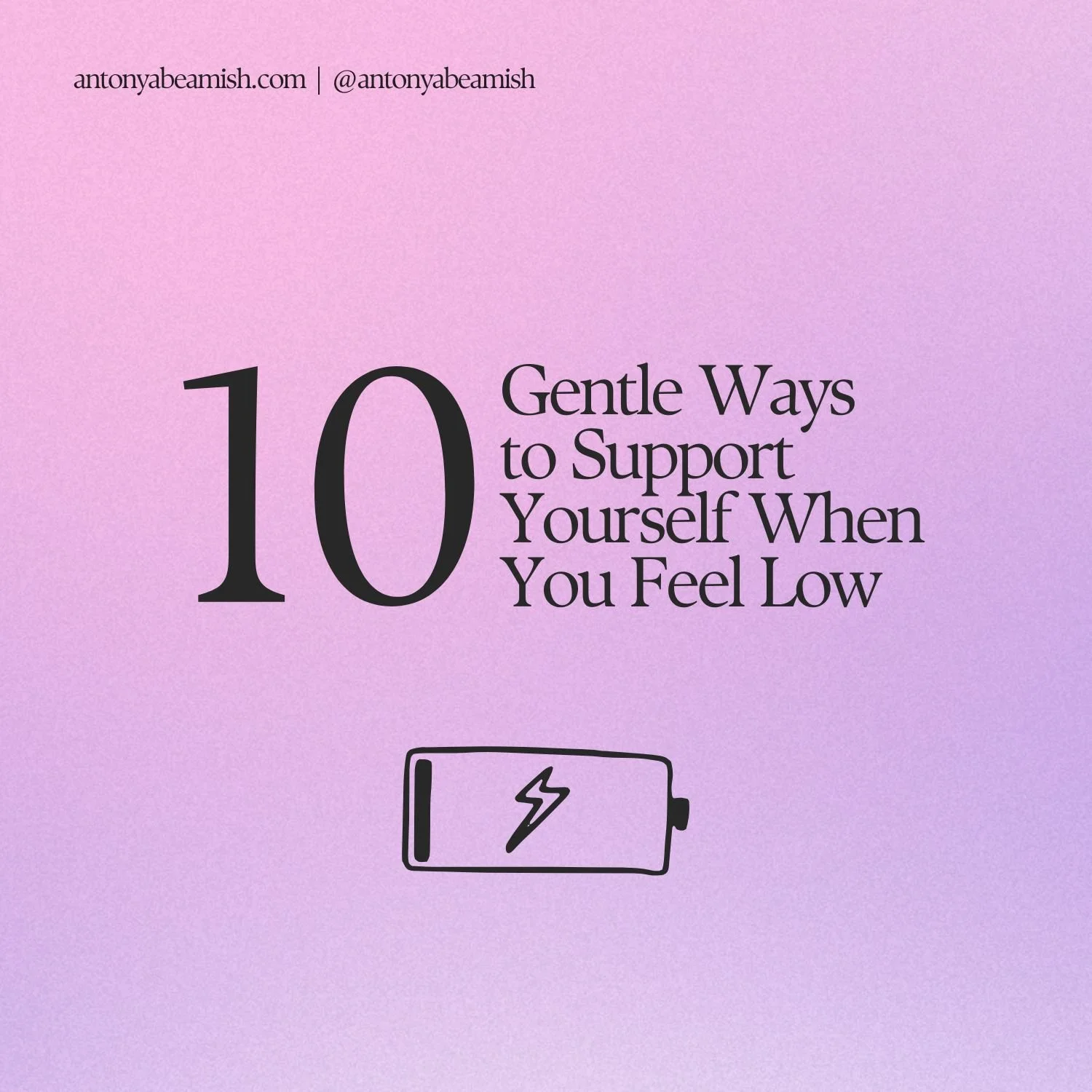
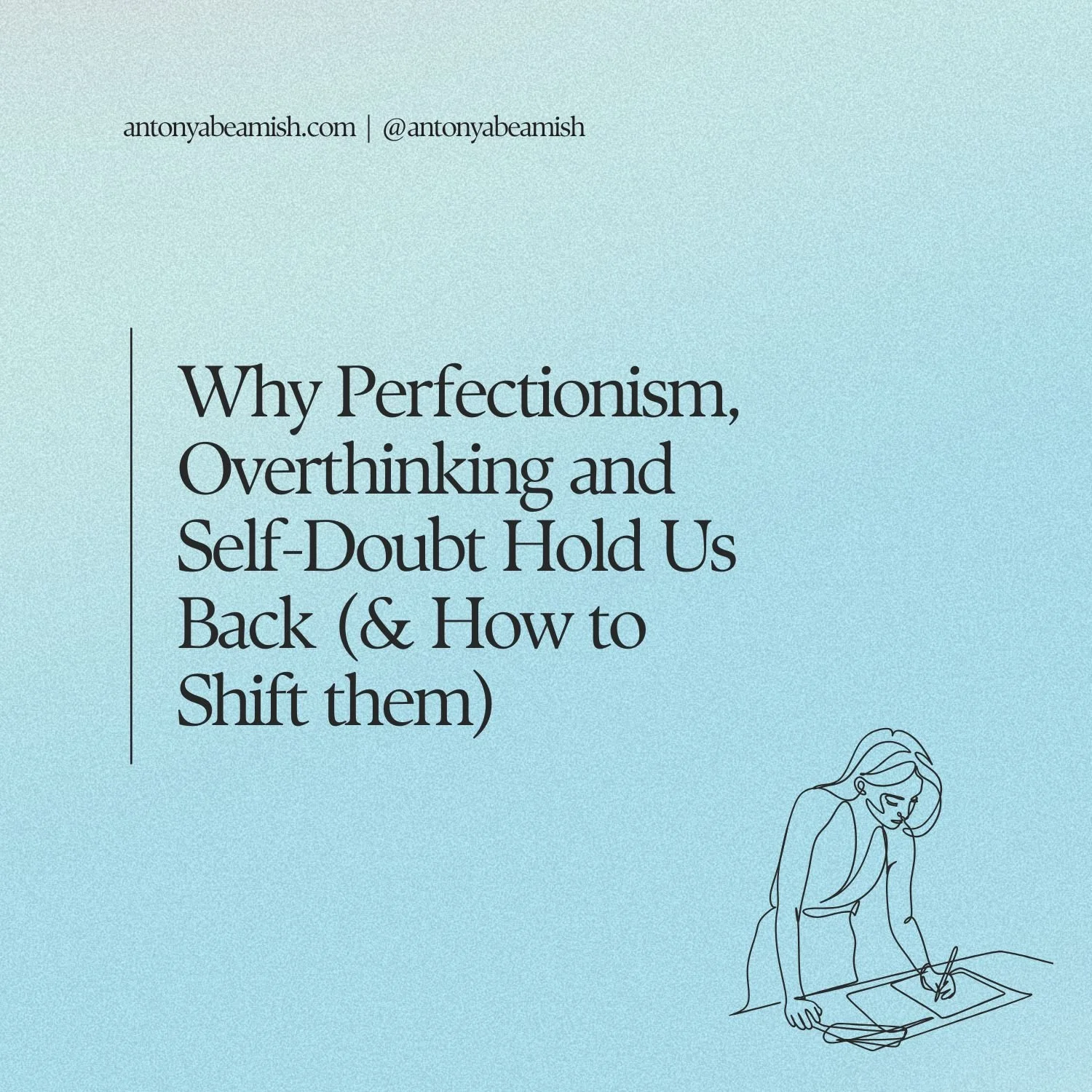












This blog explores the deeper psychology behind negative comments on social media, including the role of the ego and unconscious wounding, why negative Instagram comments happen, what they reveal, and how to handle criticism without taking it personally.